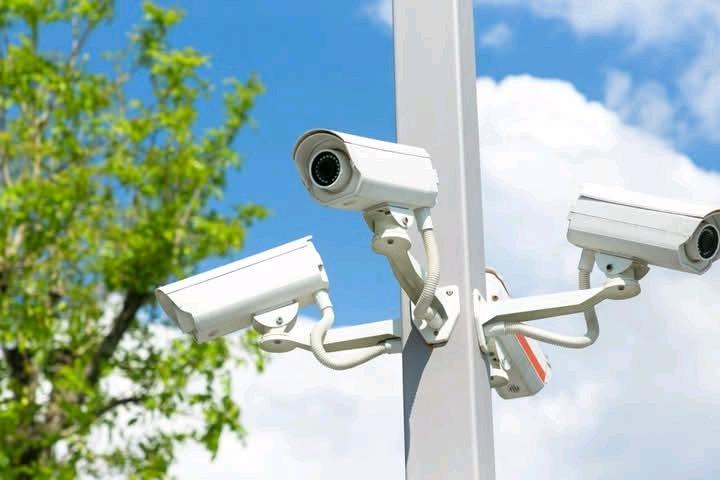
Africa-Press – Zambia. TOUGH PENALTIES IN NEW CCTV BILL 2025: LICENSING MANDATORY, PRIVACY BREACHES CRIMINALIZED
The government is pushing forward with the CCTV Bill 2025, a controversial piece of legislation that aims to regulate the use of closed-circuit television systems across the country. The proposed law introduces strict licensing requirements, expanded powers for law enforcement, and harsh penalties for violations, sparking immediate public debate on privacy, security, and state power.
According to the provisions of the bill, using CCTV without a valid government license will be classified as a criminal offense punishable by up to five years imprisonment. This applies to both private individuals and businesses who operate surveillance systems without authorization.
In a bold move to safeguard public privacy, the bill also criminalizes the installation of CCTV in sensitive areas such as changing rooms and public restrooms. Offenders will face a mandatory two-year prison sentence if convicted. Lawmakers argue that this clause is critical to preventing voyeurism, harassment, and abuse of surveillance technology.
Equally contentious is a provision that empowers law enforcement officers to enter and search premises with CCTV systems without prior notice if they suspect a crime is being committed. Citizens who resist or delay such searches could face up to three years in prison, raising concerns about the potential for abuse of power.
Proponents of the bill say it is a necessary step in regulating Zambia’s rapidly growing surveillance industry and preventing misuse of technology in homes, businesses, and public spaces. “We cannot afford a lawless environment where anyone can spy on others with impunity,” one supporter stated.
However, human rights advocates and digital privacy experts warn that the bill, if passed in its current form, could erode civil liberties and create a surveillance state. “This law gives excessive power to law enforcement and criminalizes private use without offering a clear appeal or oversight mechanism,” said one rights advocate.
The bill is also expected to affect businesses significantly, especially those in the retail, hospitality, and transport sectors that rely heavily on CCTV for security and loss prevention. Many have expressed concern over the cost and bureaucracy involved in obtaining licenses under the new framework.
The CCTV Bill 2025 is currently under parliamentary review, with public hearings expected to follow in the coming weeks. As the debate intensifies, Zambians are watching closely to see whether the law will protect them or watch over them a little too closely.
June 22, 2025
For More News And Analysis About Zambia Follow Africa-Press






